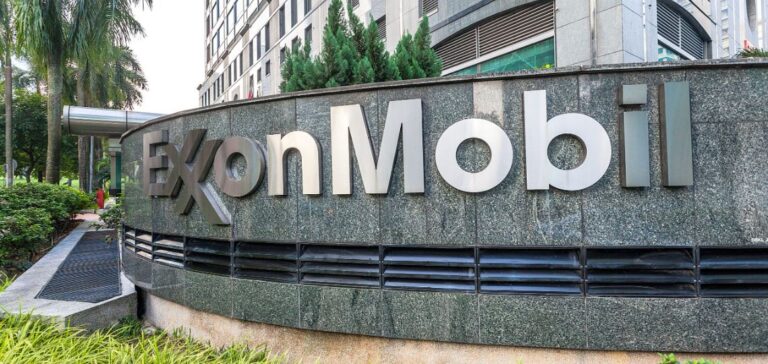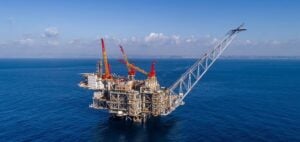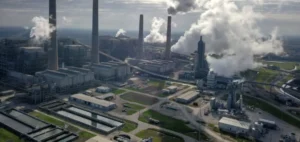ExxonMobil LNG Asia Pacific (EMLAP) has signed a contract with ARC Resources to purchase the entirety of ARC Resources’ LNG supply from the Cedar LNG project, linked to the Japan Korea Marker (JKM) index. This 20-year contract, set to begin in 2028, is tied to the 20-year tolling agreement between ARC Resources and Cedar LNG.
This agreement represents the longest LNG sales and purchase agreement (SPA) linked to the JKM index, which is widely used for pricing LNG destined for Northeast Asia. The JKM is also used for pricing LNG and re-gasified LNG (RLNG) in other global markets, including Southeast Asia, South Asia, the Middle East, the Americas, and Europe.
Strategic JKM indexation model
Linking to the JKM allows for better reflection of global LNG market trends by adjusting prices based on supply and demand. This pricing method offers strategic advantages for market players by minimizing risks associated with price disparities between local gas hubs and global LNG prices. Through JKM indexation, this contract offers enhanced cost predictability for both parties involved over the long term.
ARC Resources and its previous commitments
The contract signed with ExxonMobil is part of ARC Resources’ strategy to expand its exposure to global LNG prices. The Canadian company has also signed two other agreements with Cheniere, covering the supply of 280,000 MMBtu/day, with the start date set for 2027. These agreements highlight the growing adoption of JKM as a reference for natural gas pricing in international markets.
The Cedar LNG project, with a nameplate capacity of 3.3 million tonnes per year, is primarily targeted at the Northeast Asia market, where LNG demand remains high. ARC Resources also finalized a deal in January to supply 0.2 Bcf/day of natural gas to Cedar LNG for 20 years, equating to about 1.5 million tonnes per year.
Logistical optimization and reduced transit costs
The agreement with ExxonMobil could enable ARC Resources to reduce transit costs for its LNG shipments from the west coast of Canada. By avoiding Panama Canal transit fees, this logistical aspect offers a significant advantage for LNG destined for the Asian market. Industry sources emphasize the importance of this logistical optimization in meeting the growing demand in Asia efficiently.
Prospects for JKM indexation in the global LNG market
The growing adoption of JKM indexation in LNG supply contracts marks a major shift in the global market dynamics. As LNG market fundamentals are expected to weaken in the coming years, JKM indexation could help mitigate risks associated with short-term price volatility. This trend is seen as a response to pricing challenges in an increasingly globalized LNG market.





















